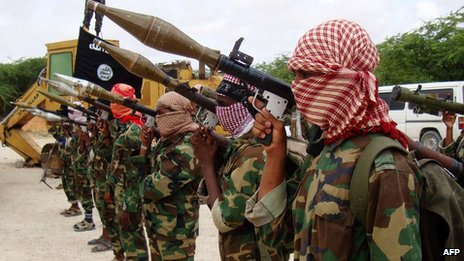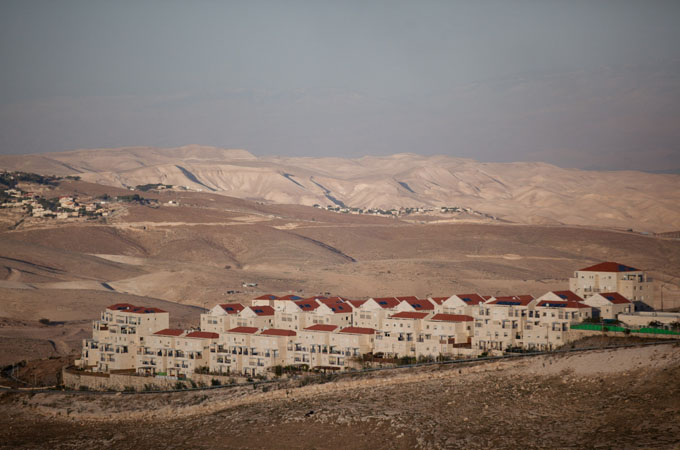by Tony Iozzo
Impunity Watch Reporter, Europe
UNITED NATIONS – The International Criminal Court made over 2,200 documents of the United Nations War Crimes Commission available online in early July following an agreement with the United Nations.

The unrestricted records, which document thousands of cases against accused World War II criminals in Europe and Asia, are available to academics, researchers, lawyers and activists for the first time since the events themselves.
British academic Dan Plesch, who had been pushing for greater access to the archive for years, spurred the transfer of the documents to an online database.
Plesch, a researcher at the U.N. archive in New York, gave a guest lecture on the War Crimes Commission at the International Criminal Court in The Hague, Netherlands, in March 2012. Hans Bevers, the head of the prosecutor’s research office, told Plesch that the ICC might be interested in obtaining the archive and Plesch put him in touch with the U.N. office that manages the archives.
“Our goal is to make available as widely as possible open archives of the organization. The collaboration with ICC adds to the world’s permanent war crimes tribunal the historical record in international criminal justice,” said U.N. chief archivist Bridget Sisk.
The War Crimes Commission was established in October 1943 by 17 allied nations to issue lists of alleged war criminals and examine the charges against them and try to assure their arrest and trial.
U.N. spokesman Martin Nesirky said putting the unrestricted part of the archive online “will greatly enhance the availability of these materials to those engaged in research into the development of international criminal law, as well as to researchers from other academic disciplines.”
The International Criminal Court said more than 2,240 documents, totaling 22,184 pages, with search data for each document, have been added to the ICC Legal Tools Database.
The documents added to the archive relate to more than 10,000 cases.
“These files contain details of many charges of crimes that are not being prosecuted extensively today, including rape and forced prostitution, and crimes by ordinary soldiers,” Plesch said.
In 1949, the U.N. Secretariat drew up rules making the archive available only to governments on a confidential basis. In 1987, limited access was granted only to researchers and historians.
Plesch continues to seek access for researchers to the still- restricted sections of the files, which he said contain some 30,000 sets of pre-trial documents submitted to the commission by national and military tribunals to judge whether a given case should be pursued.
For more information, please see:
ABC News – Over 2,220 World War II Documents Now Online – 3 August 2013
The Himalayan Times – Over 2,200 World War II Documents Now Online – 3 August 2013
The Huffington Post – Over 2,200 World War II Documents Now Online – 3 August 2013
Military News – UN Puts 2,200 World War II Documents Online – 3 August 2013



